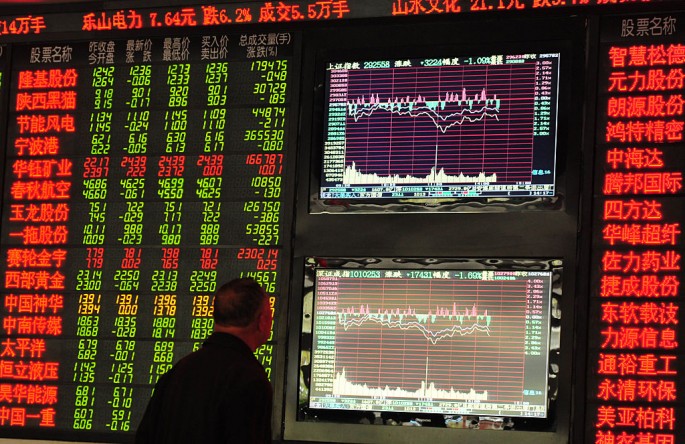China tweaks the computation of the country’s gross domestic product to include expenses made for research and development, bringing its 2015 GDP to around $130 billion.
According to the South China Morning Post, China's National Bureau of Statistics (NBS) revealed the recalculation on Tuesday.
The bureau said the changes were necessary in order to "reflect the contribution to growth from innovation." The new calculations were also made in order to reach the international standards recommended by the United Nations.
However, Channel News Asia reports that the constant changes to the computation bring to light doubts in the credibility of the statistics presented by the bureau.
The outlet said that this was the second time in a single year that the country tweaked calculations of its GDP, with growth rates now raised to 7.9 and 7.8 percent in 2012 and 2013 from the 7.7 percent from the previous calculation.
"Questions have repeatedly been raised about the accuracy of official Chinese economic statistics, which critics say can be subject to political manipulation. Even Premier Li Keqiang has reportedly expressed doubts about the data," the outlet noted.
Channel News Asia also cited a statement from International Monetary Fund spokesperson Gerry Rice, who appealed for better data quality from the country.
"It's important that China does continue to improve its data quality to reflect the fast-changing structure of its economy," he was quoted as saying in Sept. 2015.
Some researchers also do not believe the figures presented. Among them is Fathom Consulting, a research company based in London who said that the growth rate should only be at 2.4 percent.
In China's defense, Tim Condon of the Singapore-based ING research firm said that doubts will always be present, especially if the estimates are not persuasive or comprehensive enough.
"There are people out there who simply don't believe the economy is growing at 6 or 7 percent. . . . People like that will never be persuaded," Condon added.



























